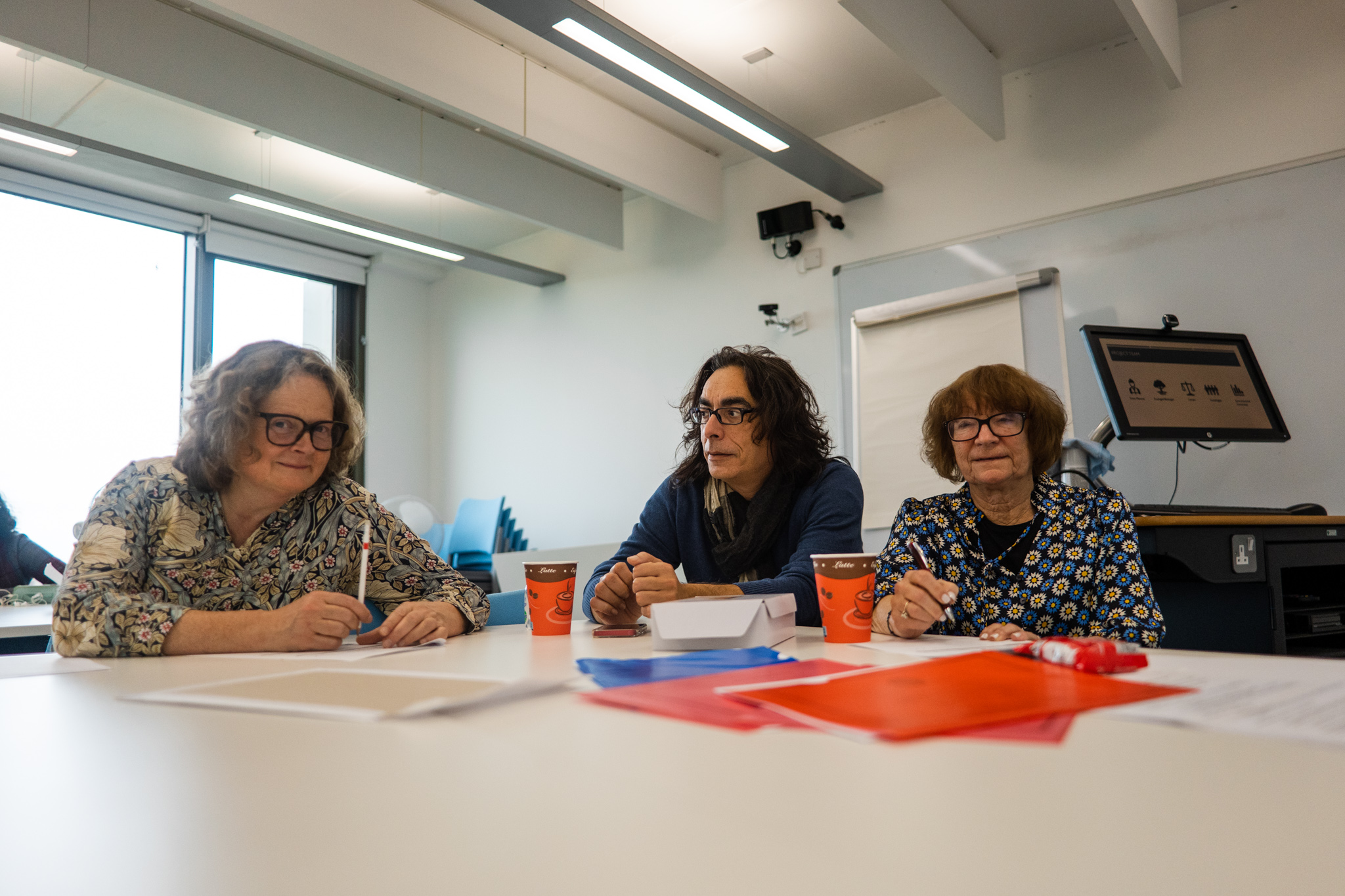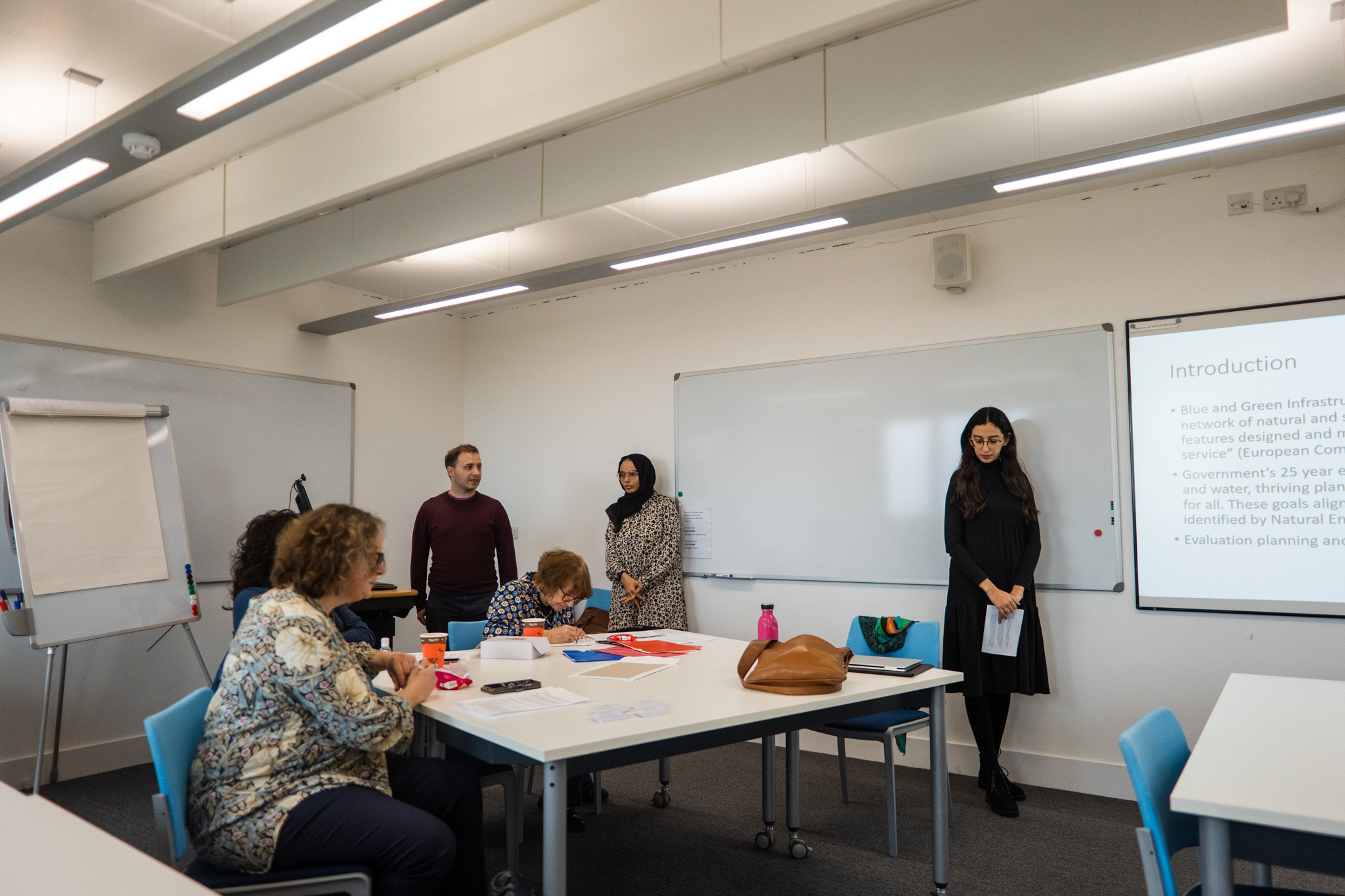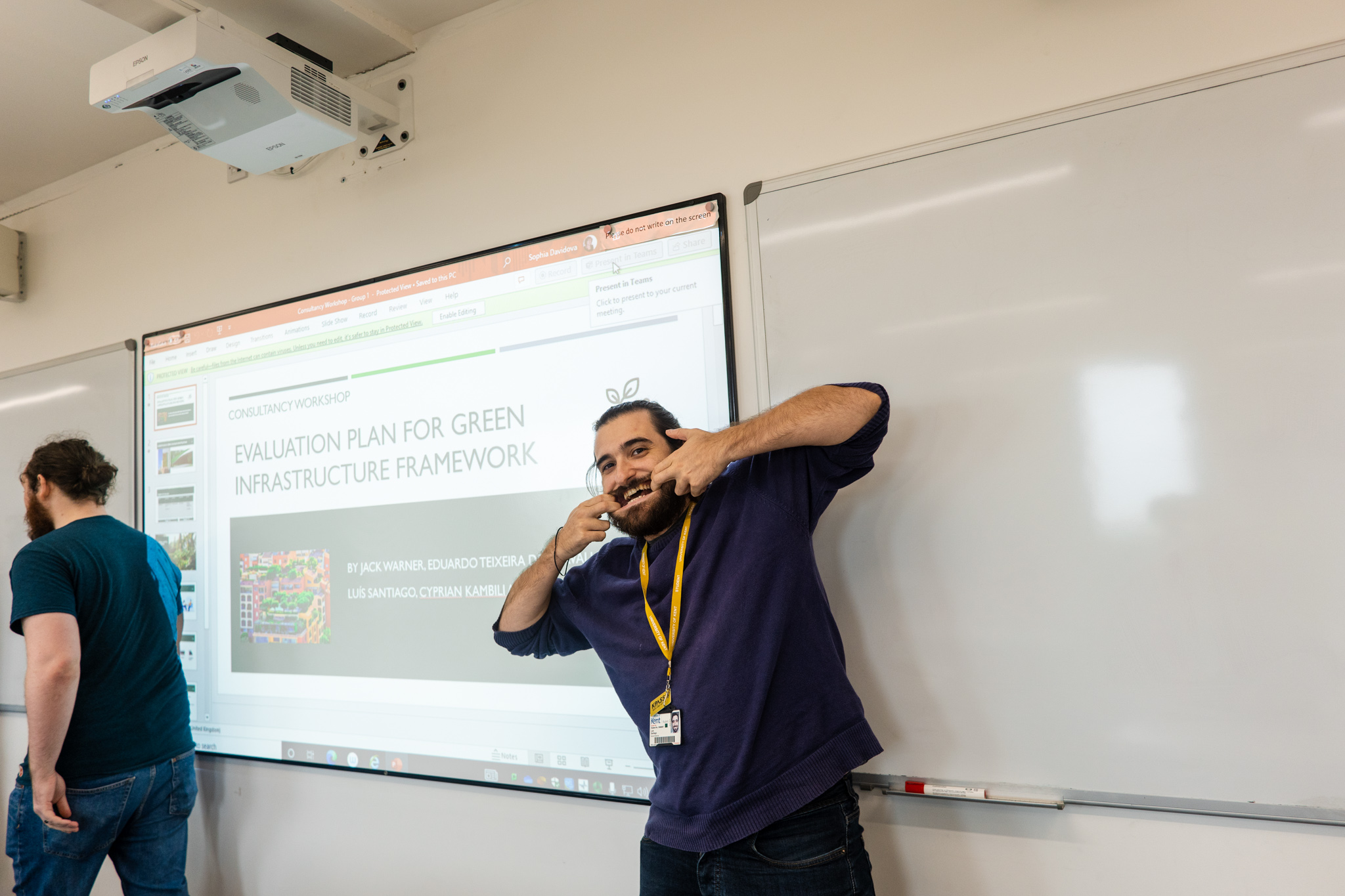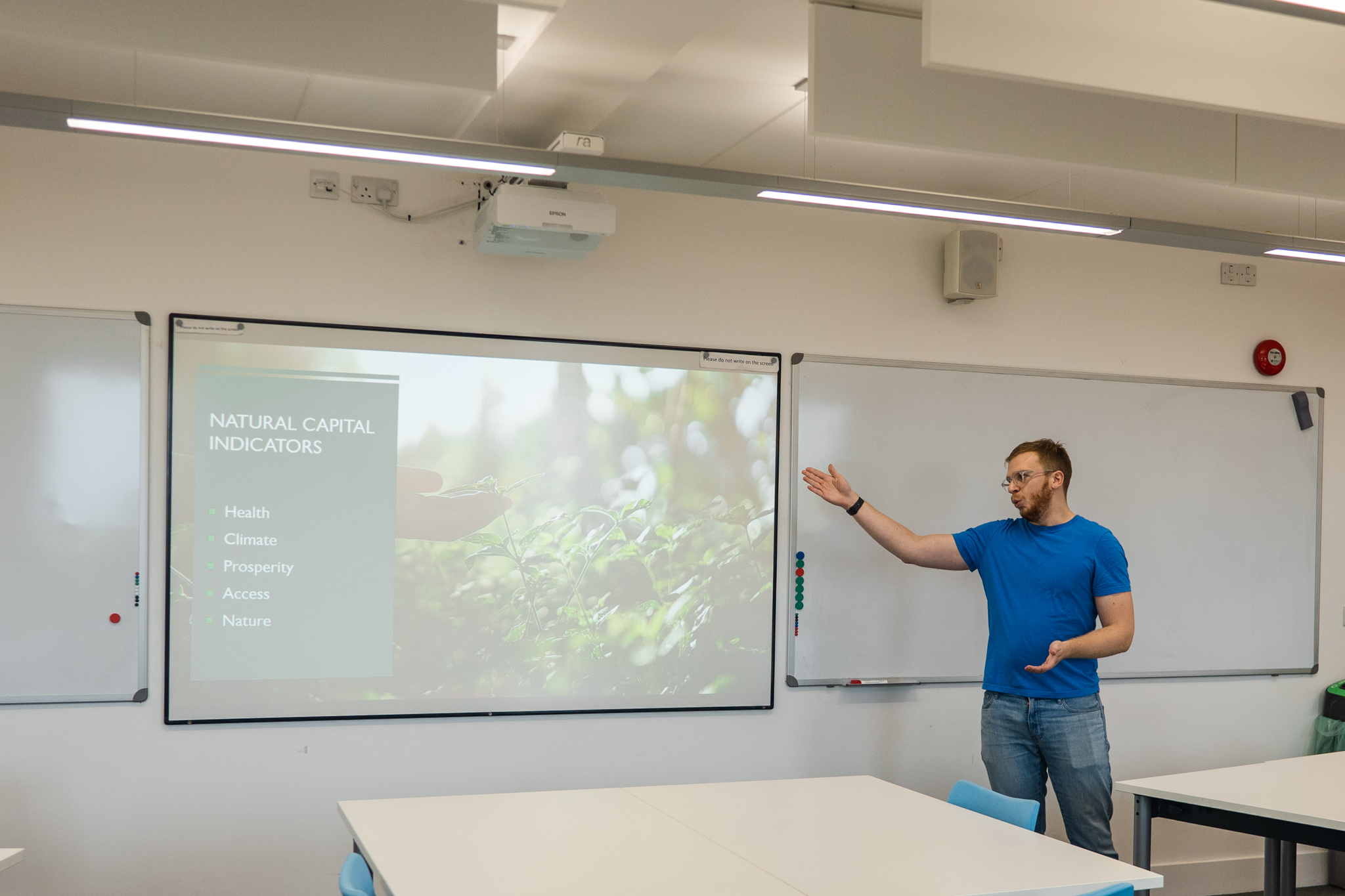This interdisciplinary CEAS and KISS PhD training Workshop examined what it actually means to be a consultant based on a real-life call for tender – by Natural England, an Agency of DEFRA, to give PhD students the opportunity to explore drafting a project proposal in the form of a competitive game.
Working as a consultant is a possible career for many research students once they have finished their postgraduate studies. So The Centre for European Agri-environmental Studies (CEAS) and Kent Interdisciplinary Centre for Spatial Studies (KISS) co devised a PhD training workshop under the title ‘Consultancy: a challenging job, a continuous adventure and discovery’.
‘Designed as a competitive game in which students have to answer a call for tender to evaluate the government framework for green infrastructure’ Professor Davidova told us ‘The novelty being that the tender is not for an academic project but for applied interdisciplinary policy one, the type of projects delivered by consultancy companies and think tanks. Students were split into teams with members from different schools to know each other better and gain experience of working in interdisciplinary environment.
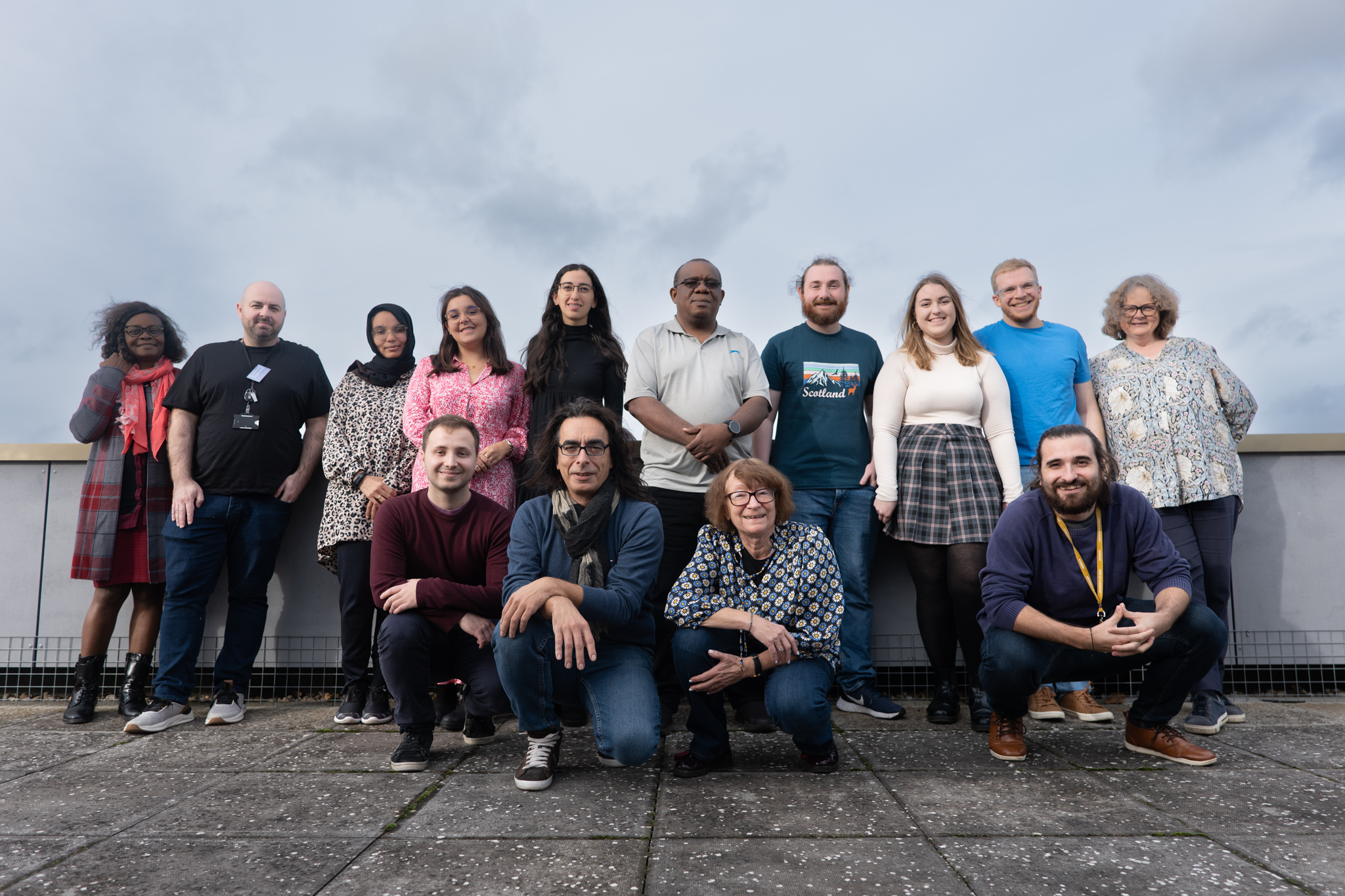
Students presented to the ‘Panel’ made up Davidova alongside Dr Ulrike Hotopp and Dr Joseph Tzanopoulos who opened the session and explained to students the rules of the game.
Participants were asked to ‘Build your own team and make a proposal to the Tender Selection Panel. Enter into a competition akin to the types of competitions consultants face in their day to day job and experience the excitement and fascination of diving into a new topic.’
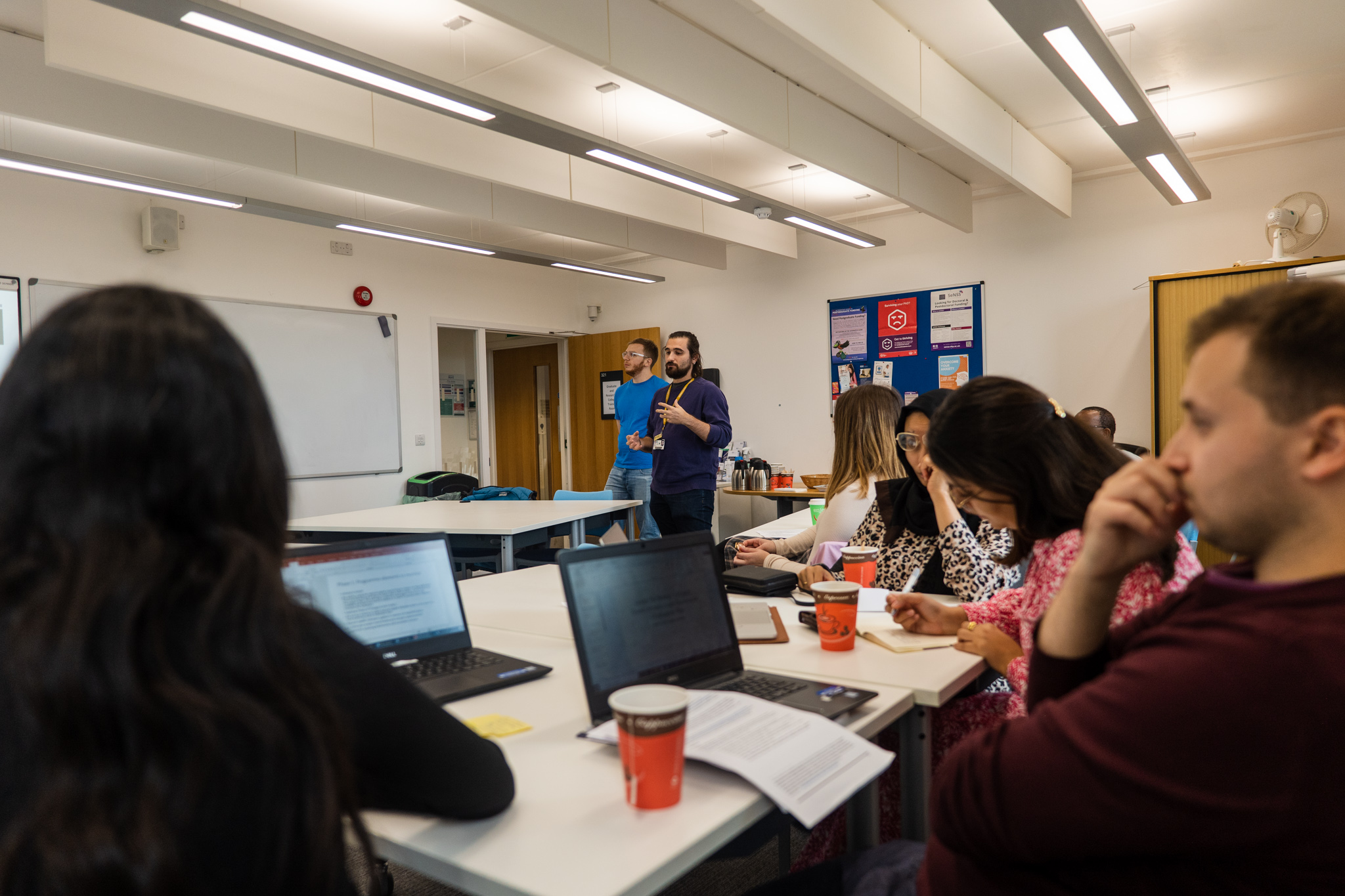
The question: How to evaluate the Green Infrastructure Framework? This is a multidisciplinary question. Which skills do you need? An economist? Anthropologist? Architect? Earth Observation Expert? Ecologists? Data scientist? Lawyer? Geographer? Or any of the other experts you may need to deliver the project.
‘And the students did not disappoint us.’ Davidova concluded after the two days, ‘They worked collaboratively, did excellent presentations and put us, ‘the employers’ in a difficult position to choose the winner. The teams were so close on all evaluation criteria.’
‘This workshop helped me to reflect my already existing consulting background with highly experienced consultants.’ one of participant Christina Hiller told us, ‘We worked on a case that was not only realistic and exciting, but brought all the challenges of working in a consulting consortium to life for all participants.’

